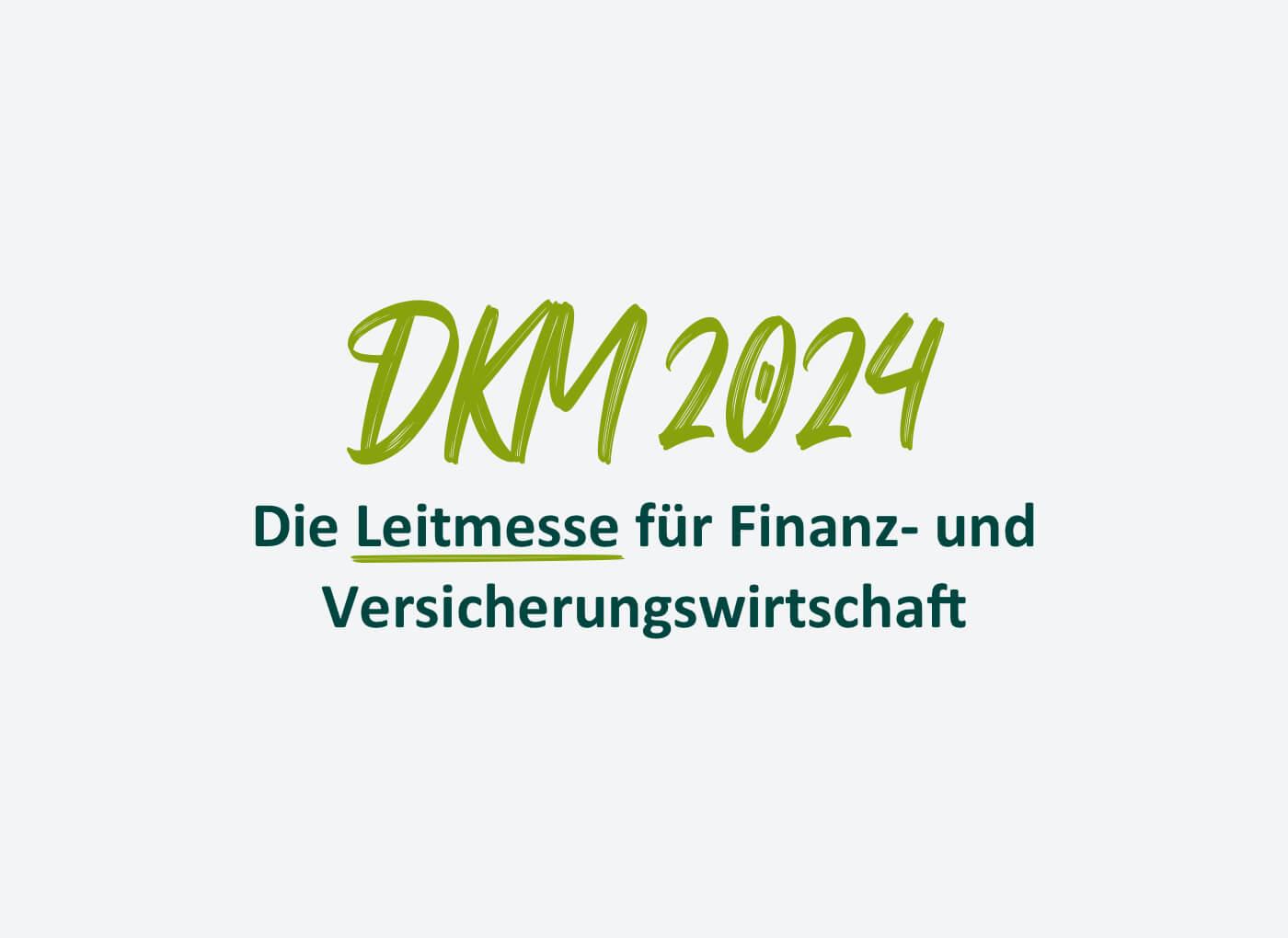
Schools of the future - a new start for education after Corona
As is clear today, the months-long closure of day-care centres and schools due to Corona, was probably not necessary in order to slow down the spread of the virus. This is the conclusion of a growing number of health experts and policy makers in Europe. The risk of infection from children is rather low. The economic consequences of months of school closures are already severe. According to OECD calculations, the loss of one third of a school year already leads to a loss of three percent of later life income.
By the end of the century, the losses would add up to hundreds of billions of euros, said OECD Education Director Andreas Schleicher at the presentation of the study “Education at a Glance 2020” at the beginning of September. The social consequences are also considerable. The younger the pupils, the more important (the social space school is)? for personal development. The damage caused by school closures will thus be particularly noticeable among the youngest. The educational injustice is likely to become even more severe. The threat of a “generation corona” is looming.
The most serious educational crisis in a long time shows how little the past years have been used to make schools resilient. The lack of digital learning methods is just as striking as the entire IT infrastructure. Very few schools are prepared for the world of megatrends such as globalisation, urbanisation, connectivity and “new work”.
Schools need a multiple departure
Now, after the summer break, is the time to render the education system crisis-proof throughout Europe. This requires a new start in the sense of a multiple departure: digital, social, educational and federal.
Digital: the corona crisis and the resulting school closures have revealed the backlog of digital equipment in the vast majority of schools. Only a few schools knew how to design digital lessons. If possible, all schools should be able to use digital learning platforms for teaching, also because new school closures are imminent. Further training of teachers is a mandatory requirement. This requires low-threshold offers.
Social: The teaching backlog due to school closures in the corona crisis is enormous. “Learning at home” is particularly demanding for children who come from so-called educationally disadvantaged and socially less strong families. Professional support from parents is more difficult to obtain here. Schools in socially deprived areas need additional funds to enable them to react quickly and effectively on site. Funding should be allocated according to a social index: For children from less well-off households, schools receive more support.
Pedagogical: According to Corona, it is above all the school administrators who are important as actors – as managers of the crisis and designers of the “new normality”. However, school administrators are often managers without training. Schools need a qualification programme for their management staff.
Federal: More cooperation between the central and local levels is needed. It is about both: performance and equality? The aim should be to give local schools as much autonomy as possible, with equivalent degrees.
The ambition: “Best education for all children” must be the claim of school policy in Europe after Corona. The next generation of schools and pupils need knowledge and tools to take their learning and life into their own hands. “Best education for all” and “personalised learning for each individual” are not contradictory. In the schools of the future, teachers will become trainers and coaches, classrooms will become workshops and schools will become creative laboratories. The school of the future is a place for holistic education. Teaching subjects is transformed into learning in teams. “Best education for all children” can only be achieved by a significant improvement in access to education, educational quality and educational equity. Many schools and teachers have mastered the crisis with a talent for improvisation and courage for new approaches. This momentum must now be used to build the schools of the future. Now is the time for creative change agents.






